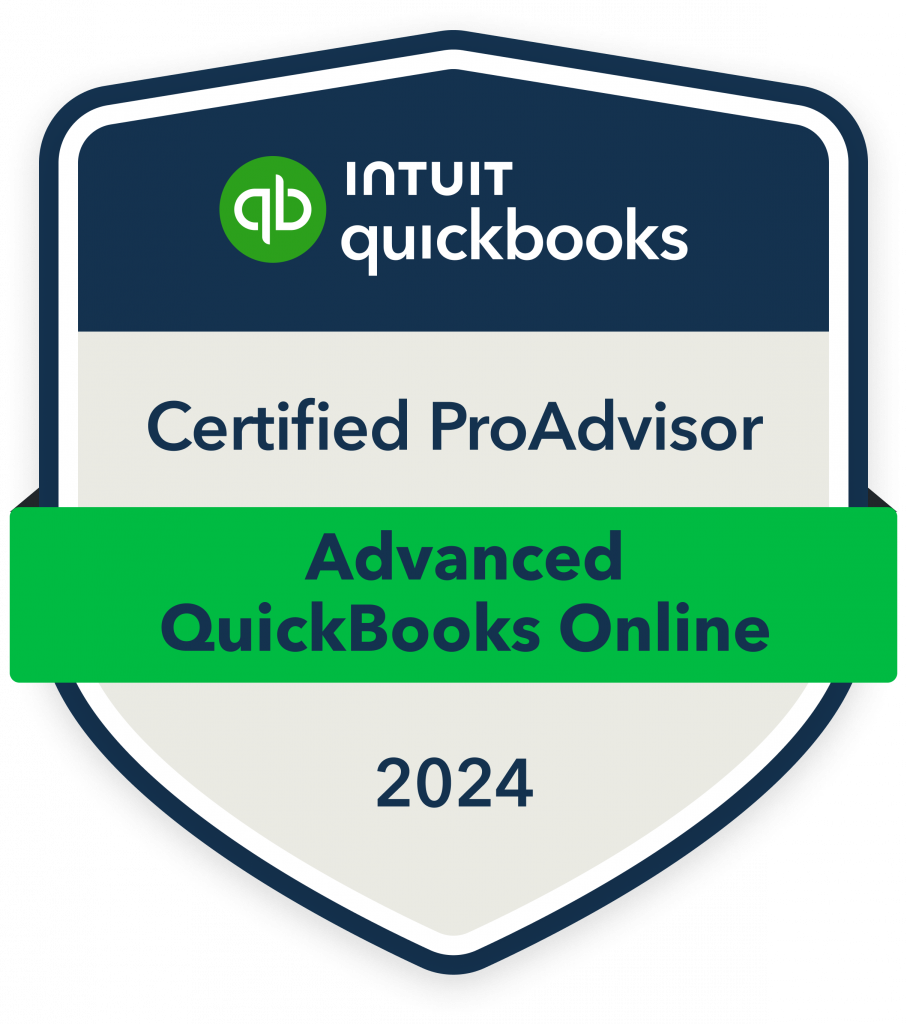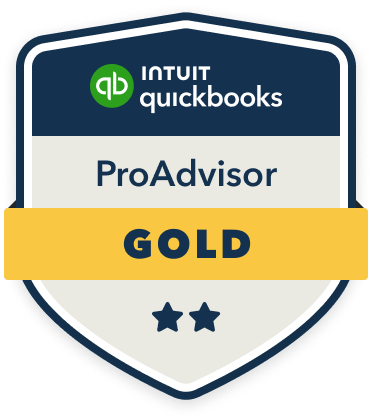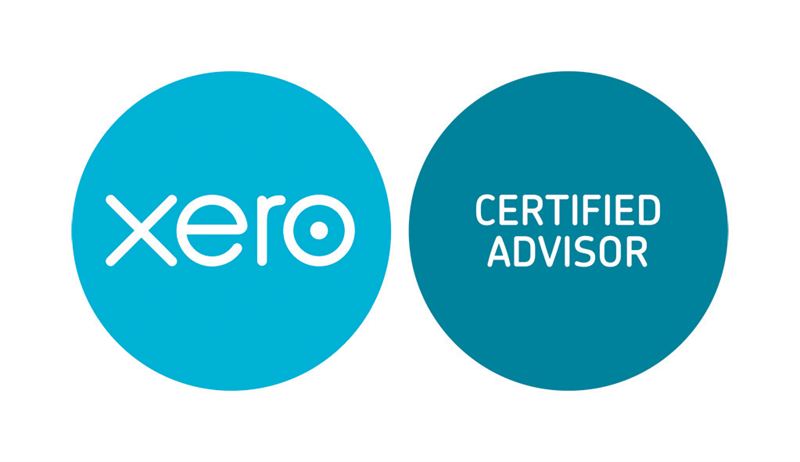
Why It’s Important to Have the Correct Bank Accounts for Your Business
As a business owner, managing your finances effectively is key to your success. One of the most fundamental aspects of this is ensuring that you have the correct bank accounts for your business. While it might seem like a simple detail, the type of bank account you use can have a huge impact on your financial management, tax reporting, and even your professional image. In this blog, we’ll explore why it’s essential to choose the right bank accounts for your business.
1. Legal Separation of Personal and Business Finances
The most obvious reason for having a dedicated business bank account is to separate your personal and business finances. As a business owner, it’s important to avoid mixing the two, as doing so can create confusion and potential legal issues.
– Limited Liability: If you have a limited company, separating business and personal finances protects you from personal liability in case of a dispute or bankruptcy. Mixing finances can blur the line between personal and business assets, potentially leaving you personally liable for debts.
– Tax and Legal Compliance: The HMRC expects businesses to maintain clear records of their income and expenses. Having a dedicated business account ensures that your business-related transactions are easy to track and report, making tax filing much simpler.
2. Easier Tax Reporting and Compliance
Having the correct bank account also makes it much easier to manage tax obligations. The UK tax system requires businesses to keep accurate records for Income Tax, Corporation Tax, VAT, and other liabilities. If personal and business funds are mixed, it can become a headache when preparing your financial statements and tax returns.
– VAT Returns: For VAT-registered businesses, keeping a separate account makes it easier to track VAT-related income and expenses, ensuring your VAT returns are accurate and timely.
– Self-Assessment: If you’re a sole trader, maintaining separate accounts simplifies your self-assessment process. With all your business-related transactions in one place, there’s no need to dig through personal bank statements to identify deductible business expenses.
3. Clearer Financial Tracking and Budgeting
Having a dedicated business account allows you to clearly track your income and expenses, which is crucial for maintaining healthy cash flow. Business accounts typically come with features that are tailored to business needs, such as:
– Invoices and Payments: It’s easier to track customer payments and supplier invoices when they all go through a business account.
– Expense Management: When your expenses, such as rent, utilities, and salaries, come out of a single account, it’s easier to budget and identify any areas where you can cut costs.
With a dedicated business bank account, you can also reconcile your transactions more easily, ensuring that you stay on top of your finances. This is especially useful when creating monthly cash flow forecasts or reviewing your balance sheet.
4. Professional Image and Trust
Using a dedicated business account also boosts your professional image. When customers or clients make payments to your business, they will see a business name and bank details instead of your personal account. This gives your business a more professional look and instills trust with clients and suppliers. It shows that you’re serious about your business and willing to handle finances responsibly.
Additionally, having a business account ensures that payments are processed smoothly, and you can accept various payment methods. Some businesses, especially larger ones, may refuse to pay personal accounts, especially when dealing with business transactions.
5. Access to Business Banking Features
Business bank accounts come with features that are specifically designed to support your business needs. These can include:
– Business Loans and Credit: With a dedicated account, your business will build a financial history, which is vital if you need a business loan or credit in the future.
– Overdraft Protection: Business accounts often offer overdraft facilities, which can be handy if you experience cash flow fluctuations.
– Payment Solutions: Business accounts often have features for handling employee payroll, receiving international payments, or integrating with accounting software, which streamlines your operations.
These features make managing your finances easier and can support the growth and development of your business.
6. Preparing for Future Growth
As your business grows, so do your financial needs. Starting with the right bank account from the beginning can set you up for future growth and make any expansion easier to manage. For example, you may want to open additional accounts for different revenue streams, or you may need access to credit facilities or business loans to scale up operations. By having a well-structured business banking setup, you’ll be better prepared for whatever the future holds.
Conclusion
Choosing the right bank account for your business is a critical step in managing your finances and ensuring long-term success. Having a separate business account helps with tax compliance, financial tracking, budgeting, and maintaining a professional image. It also provides you with access to features that can support your business as it grows.
If you haven’t already set up a business bank account, it’s worth speaking to your accountant or financial advisor to ensure you choose the best one for your needs. It’s an investment in your business’s future and will save you time, money, and headaches in the long run.
—
If you need assistance with setting up the correct bank account or want more information about managing your business finances, feel free to contact us today!
Subscribe to Our Newsletter
Stay updated with our latest blog posts and exclusive content.




